If you enjoy reading this blog, please leave a star rating on WealthTender. Thank you!
***Grey is the new gold! There will be as many opinions about what makes a good investor as there are investors. Here's mine. ***

Published with the kind permission of CityWire Wealth Manager
Being good at something can mean many things but is generally understood to involve being more skilful than others, however so measured. What makes a good investor?
There will be some who think that a good investor is someone who is successful commercially, who has persuaded others to entrust them with their money and thus earn a fee. However, there are many who have achieved commercial success only to then lose their investors’ money, whether through fraud or incompetence. Moreover, why must a good investor necessarily be professional?
A good investor is someone, professional or amateur, who is able to ‘beat the market’, to manage an investment portfolio that outperforms a particular index or benchmark on a persistent basis. This means being better than others at predicting price movements. After all, ‘the market’ is the amalgam of the views of countless individuals, thus investing is a competitive pursuit. Not everyone can outperform.
There are many types of investors. Those who specialise in, say, Egyptian equities or Asian corporate bonds. Or, more broadly, in global multi-asset investing. Those who seek to predict prices directly (quant investors) or indirectly (fundamental), over the short term or the long term. Those who do it for a living (fund managers) or as amateurs. Good investors can be found everywhere, though not everyone is a good investor.
What makes a good investor? For the record, I do not address this question from the perspective of someone who thinks he is one (far from it) but as someone with a decent amount of professional investment experience and who has thought about it a lot.
From time to time, I have heard fund managers say they are not in the business of predicting prices. Poppycock. Those who say this tend to be stock pickers who claim that their job is not to predict prices but to identify and invest in great companies. But presumably they do this because they think the stock prices will perform well. The price predictions may be indirect, but they are still predictions.
The point is, all investors (technical/fundamental, short-term/long-term, bottom up/top down) are in the business in one way or another of predicting prices, whether tradable/public or non-tradable/private. Even an investor in a passive fund is predicting, whether they know it or not, that it will perform in a certain way. There is no escape.
In relation to tradable (public) markets, if the price of something, whether of an index or a particular security, follows a random walk, its future movements are entirely independent of past movements and thus cannot be predicted. Anyone attempting so is involved in an exercise in futility, like the gambler who believes that a series of ten consecutive reds on the roulette wheel means that a black must be next.
However, prices do not follow a random walk, at least not exclusively: tomorrow’s price movement can sometimes be dependent on today’s. There is still a lot of randomness, but there is also pattern. Which means there is scope to predict.
In financial markets there are two well-understood dependencies. Patterns. These relate to whether tomorrow’s price movement is more likely to be in the same direction as today’s (momentum pattern) or the opposite (mean reversion).
Moreover, these patterns exist in other so-called chaotic systems. A hot day today is more likely to mean that tomorrow will also be hot. The heat however means that moisture builds in the atmosphere and eventually it rains. Momentum and mean reversion.
Identification of these patterns in financial markets does not guarantee success, but it can tilt the odds in your favour. And that tilt, aka an edge, may be all you need to outperform and thus be a good investor.
To be clear, these patterns exist in both very short-term price movements and very long ones. Jim Simons at Renaissance together with his band of geeks and a big computer has been the master of identifying the former. Warren Buffett is better than others at identifying momentum in certain businesses and thus in their market prices.
Although I started out in investing as an equity stock picker, my speciality for the last couple of decades or so has been asset allocation. What I have learned over the years is that there are two types of predictabilities that one can take advantage of as an asset allocator.
The first are underlying cycles (patterns) that pertain over the longer term to such things as debt, inequality, and politics and, over the medium term (the business cycle), to consumer confidence and employment. These factors among others determine inflation over the respective cycles which in turn influences financial market prices, whether of equities, bonds or precious metals.
The second are patterns in markets that relate to exogenous shocks. Disconnects. Discontinuities. Bifurcations. Markets often overreact to these shocks (that in March 2020 relating to Covid-19 being a good example) which means there is a likelihood of mean reversion kicking in and thus an opportunity for the good investor to outperform.
With Type 1 predictabilities, the underlying cycles are not neat, text book-like, thus how they manifest in financial market prices is even less so. Type 2 predictabilities on the other hand only come along perhaps every few months, years even. Taking advantage of either type requires a very healthy dose of humility, an understanding that markets for the most part are impossible to tame.
The last four decades, up until recently, were ones in which inflation in much of the world fell progressively (i.e with momentum) which meant that both equities and bonds performed very well, particularly bonds. You didn’t need to do anything fancy on the asset allocation front to generate good returns.
If inflation is now in the uptrend segment of its longer-term cycle, and there are good reasons to believe that it is, this will change. A more unconventional approach to asset allocation is required.
While humility is certainly key to being a good investor, it is not something that comes naturally to human beings. Indeed, it is overconfidence, not humility, that gets selected, evolutionarily speaking. Chutzpa, after all, is a better strategy in a nightclub or when seeking a promotion.
However, while humility may not come naturally, it does come with time. Through bitter experience. With age. Thus, grey hair, along with an understanding of patterns, may be the key fundamental ingredient when it comes to being a good investor.
The views expressed in this communication are those of Peter Elston at the time of writing and are subject to change without notice. They do not constitute investment advice and whilst all reasonable efforts have been used to ensure the accuracy of the information contained in this communication, the reliability, completeness or accuracy of the content cannot be guaranteed. This communication provides information for professional use only and should not be relied upon by retail investors as the sole basis for investment.
© Chimp Investor Ltd




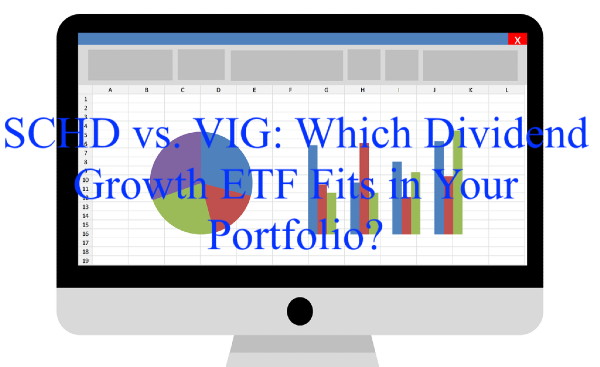





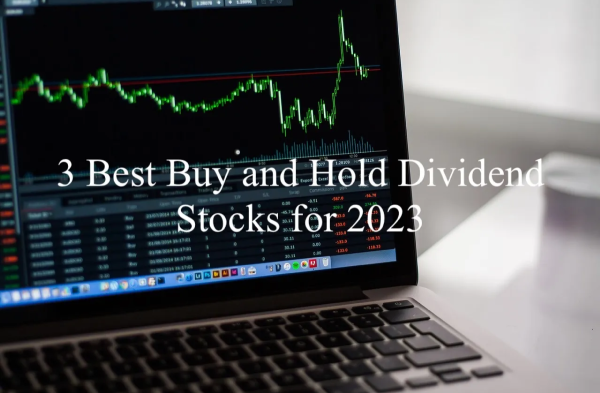
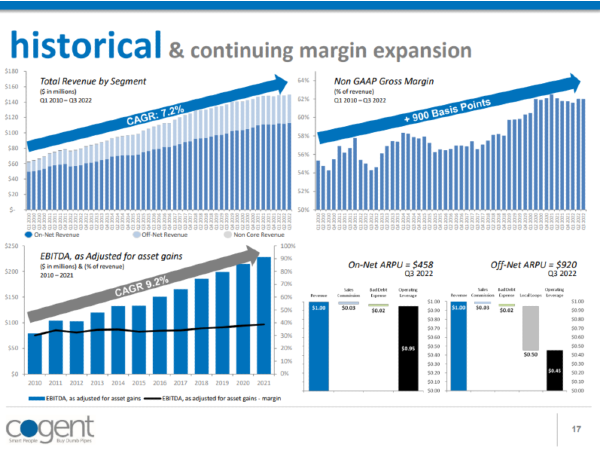

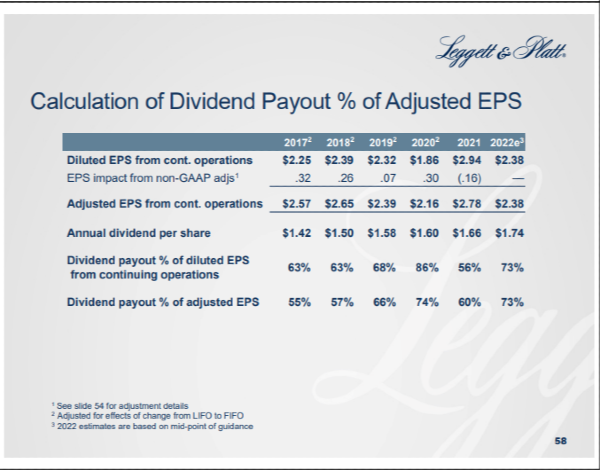
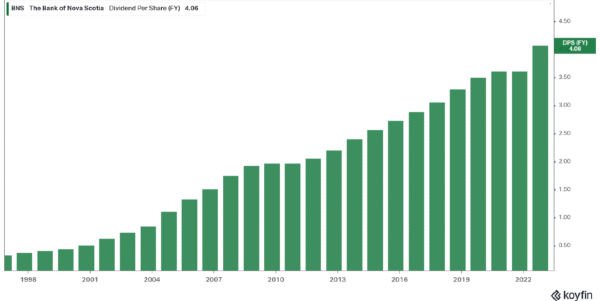














If you enjoy reading this blog, please leave a star rating on WealthTender. Thank you!
***Grey is the new gold! There will be as many opinions about what makes a good investor as there are investors. Here's mine. ***
Published with the kind permission of CityWire Wealth Manager
Being good at something can mean many things but is generally understood to involve being more skilful than others, however so measured. What makes a good investor?
There will be some who think that a good investor is someone who is successful commercially, who has persuaded others to entrust them with their money and thus earn a fee. However, there are many who have achieved commercial success only to then lose their investors’ money, whether through fraud or incompetence. Moreover, why must a good investor necessarily be professional?
A good investor is someone, professional or amateur, who is able to ‘beat the market’, to manage an investment portfolio that outperforms a particular index or benchmark on a persistent basis. This means being better than others at predicting price movements. After all, ‘the market’ is the amalgam of the views of countless individuals, thus investing is a competitive pursuit. Not everyone can outperform.
There are many types of investors. Those who specialise in, say, Egyptian equities or Asian corporate bonds. Or, more broadly, in global multi-asset investing. Those who seek to predict prices directly (quant investors) or indirectly (fundamental), over the short term or the long term. Those who do it for a living (fund managers) or as amateurs. Good investors can be found everywhere, though not everyone is a good investor.
What makes a good investor? For the record, I do not address this question from the perspective of someone who thinks he is one (far from it) but as someone with a decent amount of professional investment experience and who has thought about it a lot.
From time to time, I have heard fund managers say they are not in the business of predicting prices. Poppycock. Those who say this tend to be stock pickers who claim that their job is not to predict prices but to identify and invest in great companies. But presumably they do this because they think the stock prices will perform well. The price predictions may be indirect, but they are still predictions.
The point is, all investors (technical/fundamental, short-term/long-term, bottom up/top down) are in the business in one way or another of predicting prices, whether tradable/public or non-tradable/private. Even an investor in a passive fund is predicting, whether they know it or not, that it will perform in a certain way. There is no escape.
In relation to tradable (public) markets, if the price of something, whether of an index or a particular security, follows a random walk, its future movements are entirely independent of past movements and thus cannot be predicted. Anyone attempting so is involved in an exercise in futility, like the gambler who believes that a series of ten consecutive reds on the roulette wheel means that a black must be next.
However, prices do not follow a random walk, at least not exclusively: tomorrow’s price movement can sometimes be dependent on today’s. There is still a lot of randomness, but there is also pattern. Which means there is scope to predict.
In financial markets there are two well-understood dependencies. Patterns. These relate to whether tomorrow’s price movement is more likely to be in the same direction as today’s (momentum pattern) or the opposite (mean reversion).
Moreover, these patterns exist in other so-called chaotic systems. A hot day today is more likely to mean that tomorrow will also be hot. The heat however means that moisture builds in the atmosphere and eventually it rains. Momentum and mean reversion.
Identification of these patterns in financial markets does not guarantee success, but it can tilt the odds in your favour. And that tilt, aka an edge, may be all you need to outperform and thus be a good investor.
To be clear, these patterns exist in both very short-term price movements and very long ones. Jim Simons at Renaissance together with his band of geeks and a big computer has been the master of identifying the former. Warren Buffett is better than others at identifying momentum in certain businesses and thus in their market prices.
Although I started out in investing as an equity stock picker, my speciality for the last couple of decades or so has been asset allocation. What I have learned over the years is that there are two types of predictabilities that one can take advantage of as an asset allocator.
The first are underlying cycles (patterns) that pertain over the longer term to such things as debt, inequality, and politics and, over the medium term (the business cycle), to consumer confidence and employment. These factors among others determine inflation over the respective cycles which in turn influences financial market prices, whether of equities, bonds or precious metals.
The second are patterns in markets that relate to exogenous shocks. Disconnects. Discontinuities. Bifurcations. Markets often overreact to these shocks (that in March 2020 relating to Covid-19 being a good example) which means there is a likelihood of mean reversion kicking in and thus an opportunity for the good investor to outperform.
With Type 1 predictabilities, the underlying cycles are not neat, text book-like, thus how they manifest in financial market prices is even less so. Type 2 predictabilities on the other hand only come along perhaps every few months, years even. Taking advantage of either type requires a very healthy dose of humility, an understanding that markets for the most part are impossible to tame.
The last four decades, up until recently, were ones in which inflation in much of the world fell progressively (i.e with momentum) which meant that both equities and bonds performed very well, particularly bonds. You didn’t need to do anything fancy on the asset allocation front to generate good returns.
If inflation is now in the uptrend segment of its longer-term cycle, and there are good reasons to believe that it is, this will change. A more unconventional approach to asset allocation is required.
While humility is certainly key to being a good investor, it is not something that comes naturally to human beings. Indeed, it is overconfidence, not humility, that gets selected, evolutionarily speaking. Chutzpa, after all, is a better strategy in a nightclub or when seeking a promotion.
However, while humility may not come naturally, it does come with time. Through bitter experience. With age. Thus, grey hair, along with an understanding of patterns, may be the key fundamental ingredient when it comes to being a good investor.
The views expressed in this communication are those of Peter Elston at the time of writing and are subject to change without notice. They do not constitute investment advice and whilst all reasonable efforts have been used to ensure the accuracy of the information contained in this communication, the reliability, completeness or accuracy of the content cannot be guaranteed. This communication provides information for professional use only and should not be relied upon by retail investors as the sole basis for investment.
© Chimp Investor Ltd
Originally Posted in Chimp Investor